Dr. John - Creole Moon (2001)
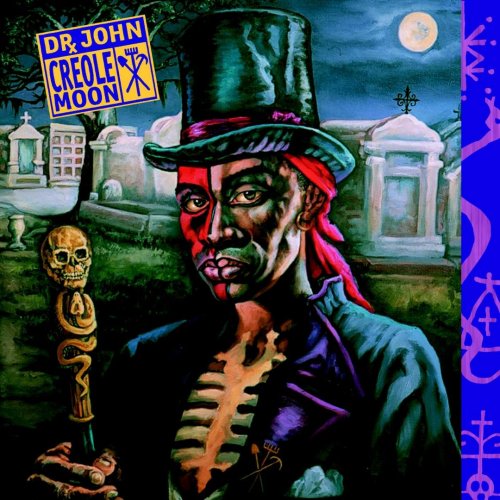
Artist: Dr. John
Title: Creole Moon
Year Of Release: 2001
Label: EMI, Blue Note
Genre: Bayou Funk, Funky Blues, New Orleans Blues, Psychedelic
Quality: Mp3 320 / Flac (image, .cue, log)
Total Time: 01:08:12
Total Size: 190/472 Mb (scans)
WebSite: Album Preview
Title: Creole Moon
Year Of Release: 2001
Label: EMI, Blue Note
Genre: Bayou Funk, Funky Blues, New Orleans Blues, Psychedelic
Quality: Mp3 320 / Flac (image, .cue, log)
Total Time: 01:08:12
Total Size: 190/472 Mb (scans)
WebSite: Album Preview
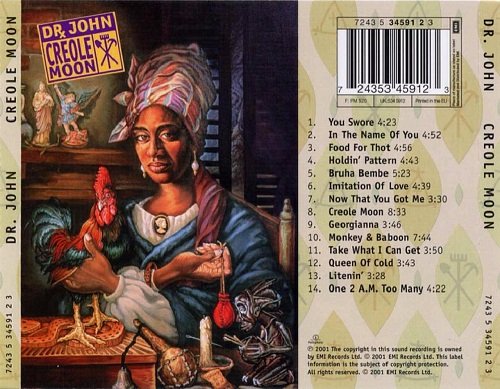
Tracklist:
01. You Swore
02. In the Name of You
03. Food for Thot
04. Holdin' Pattern
05. Bruha Bembe
06. Imitation of Love
07. Now That You Got Me
08. Creole Moon
09. Georgianna
10. Monkey & Baboon
11. Take What I Can Get
12. Queen of Cold
13. Litenin'
14. One 2 A.M. Too Many
Malcolm John Rebennack (born November 20, 1941, New Orleans, Louisiana, USA – died June 6, 2019), better known by his stage name Dr. John, was an American singer and songwriter. His music combines blues, pop, jazz, boogie woogie and rock and roll.
Rebennack began playing the piano at the age of six and, as he grew up, he became strongly influenced by the style of Roy Byrd (aka Professor Longhair). He immersed himself in the music and voodoo cultures of New Orleans, where he became known as Mac Rebennack, playing the organ in strip-clubs with 'make-up' bands in the French Quarter.
However, it was as a session guitarist with John Vincent's Ace Records that gave him his first break, around1957. He worked with the New Orleans R&B session crew at Crescent City's 'Cosimo V. Matassa' studio and with an 'All For One' co-operative formed by Harold Battiste- cutting "Storm Warning" (Rex, 1957) and albums on Ace, Rex and AFO (an acronym of All For One) .
Rebennack then moved to California in 1962 with Battiste's crew, where they played on Sam Cooke's final recording session. Rebennack subsequently undertook a lot of session work around LA (appearing briefly for a "Freak Out!" album session with Frank Zappa) and developed his 'Mardi Gras' persona of "Dr. John Creaux, The Night Tripper" with Battiste's help, assembling the "Gris-Gris" album whilst sessioning for Sonny & Cher.
His drawled and ponderous style, tinged with a husky Southern Comfort delivery, caught the mood of the moment upon the album's release in 1968 giving him the commercial freedom to explore the many facets of the Louisiana blues and Memphis funk cultures in following releases. His recordings have been supported by such alumni as Clapton, Jagger, Allen Toussaint, The Meters, Jerry Wexler and Mike Bloomfield. He had a top-ten hit with "Right Place, Wrong Time", and he appeared in the Martin Scorsese film The Last Waltz (1978).
Rebennack began playing the piano at the age of six and, as he grew up, he became strongly influenced by the style of Roy Byrd (aka Professor Longhair). He immersed himself in the music and voodoo cultures of New Orleans, where he became known as Mac Rebennack, playing the organ in strip-clubs with 'make-up' bands in the French Quarter.
However, it was as a session guitarist with John Vincent's Ace Records that gave him his first break, around1957. He worked with the New Orleans R&B session crew at Crescent City's 'Cosimo V. Matassa' studio and with an 'All For One' co-operative formed by Harold Battiste- cutting "Storm Warning" (Rex, 1957) and albums on Ace, Rex and AFO (an acronym of All For One) .
Rebennack then moved to California in 1962 with Battiste's crew, where they played on Sam Cooke's final recording session. Rebennack subsequently undertook a lot of session work around LA (appearing briefly for a "Freak Out!" album session with Frank Zappa) and developed his 'Mardi Gras' persona of "Dr. John Creaux, The Night Tripper" with Battiste's help, assembling the "Gris-Gris" album whilst sessioning for Sonny & Cher.
His drawled and ponderous style, tinged with a husky Southern Comfort delivery, caught the mood of the moment upon the album's release in 1968 giving him the commercial freedom to explore the many facets of the Louisiana blues and Memphis funk cultures in following releases. His recordings have been supported by such alumni as Clapton, Jagger, Allen Toussaint, The Meters, Jerry Wexler and Mike Bloomfield. He had a top-ten hit with "Right Place, Wrong Time", and he appeared in the Martin Scorsese film The Last Waltz (1978).
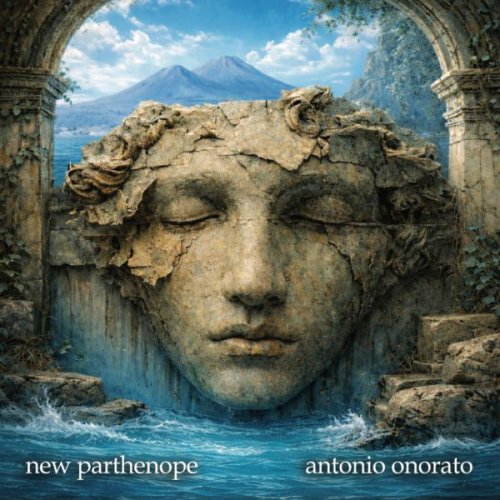
![FŒHN - Soleil de Minuit (2026) [Hi-Res] FŒHN - Soleil de Minuit (2026) [Hi-Res]](https://www.dibpic.com/uploads/posts/2026-02/1770357244_gm1m1pna2mo8k_600.jpg)
![Kannon - ...in a Sea of Fire (2026) [Hi-Res] Kannon - ...in a Sea of Fire (2026) [Hi-Res]](https://img.israbox.com/img/2026-02/06/031z27045ersqlp1m4v7qos7b.jpg)
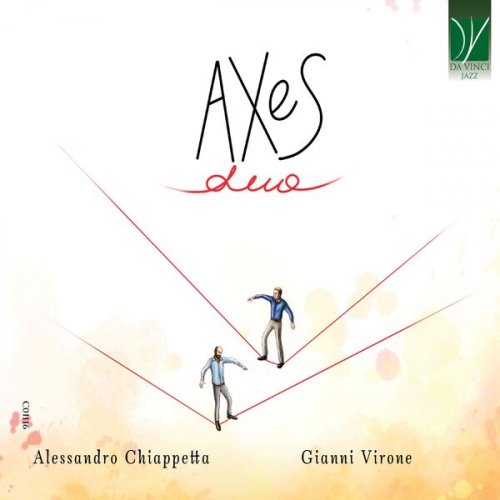
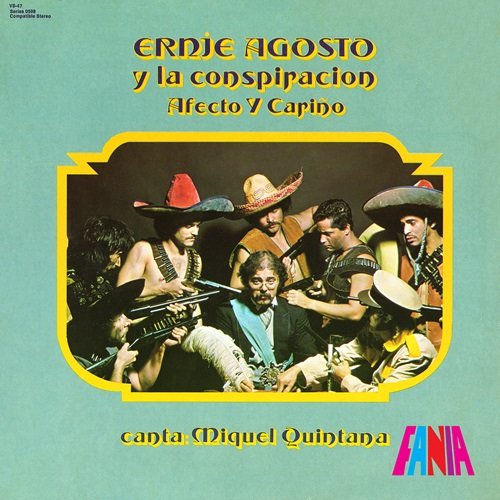
![Duval Timothy, CJ Mirra - My Father's Shadow (Original Motion Picture Soundtrack) (2026) [Hi-Res] Duval Timothy, CJ Mirra - My Father's Shadow (Original Motion Picture Soundtrack) (2026) [Hi-Res]](https://img.israbox.com/img/2026-02/08/80aewauty50xz1so2jl5bj7zq.jpg)
![Stanley Clarke - Live (1976-1977) [1991] Stanley Clarke - Live (1976-1977) [1991]](https://img.israbox.com/uploads/posts/2016-08/1472370785_folder.jpg)
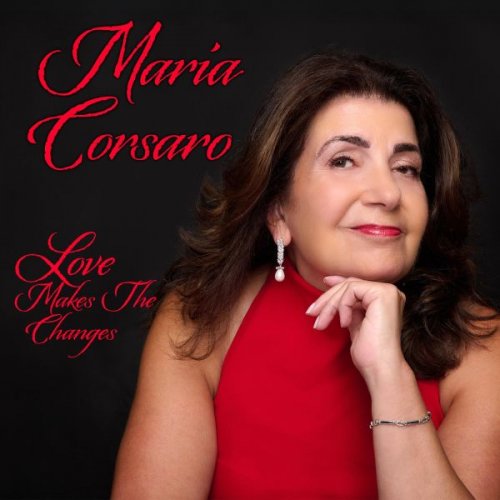
![Silvia Tarozzi - Lucciole (2025) [Hi-Res] Silvia Tarozzi - Lucciole (2025) [Hi-Res]](https://img.israbox.com/img/2026-02/06/cbrge6f1dj9hjbeuk52e4w7sz.jpg)